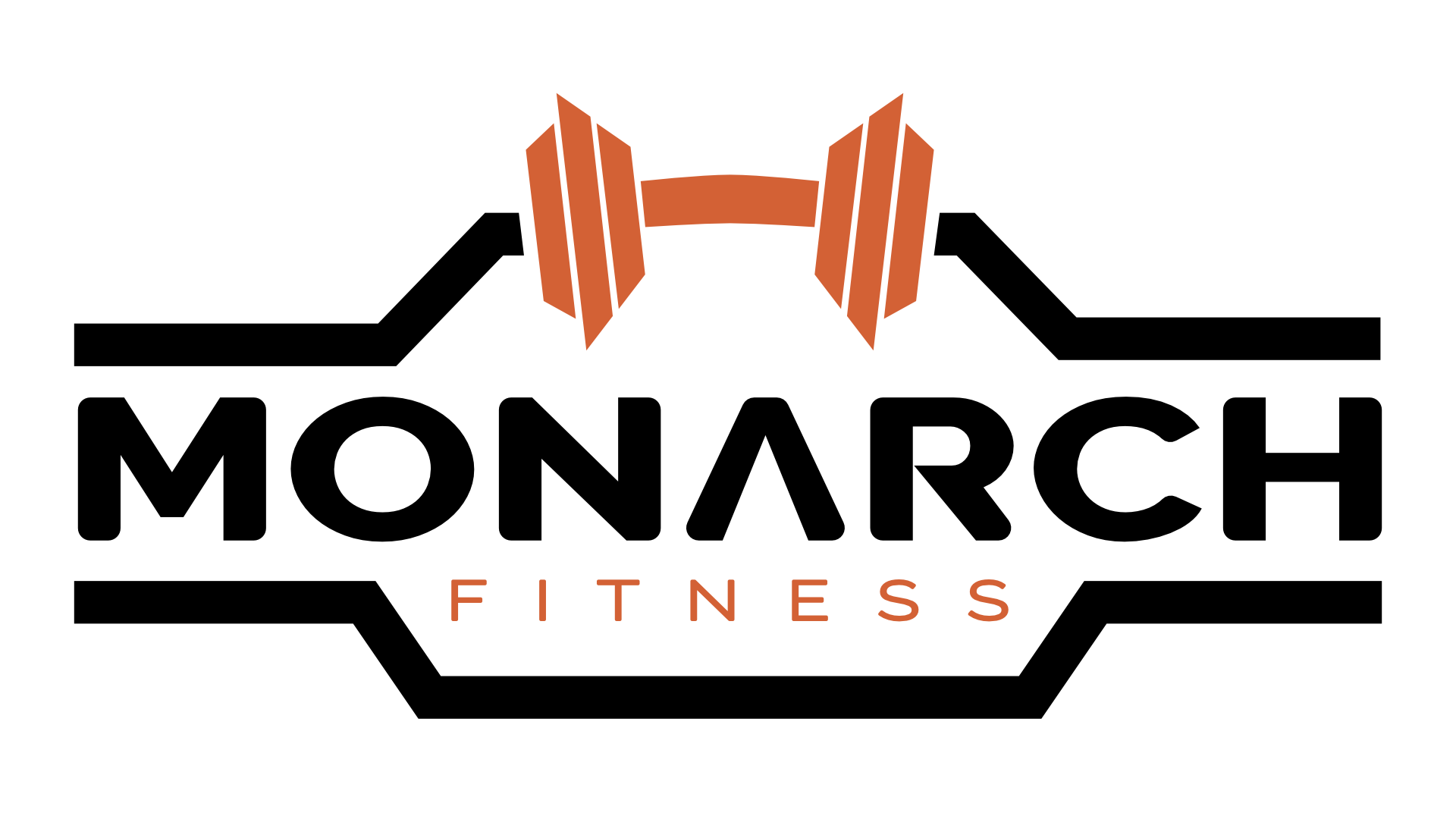Can You Gain Weight From Eating Too Little?
Can You Gain Weight From Eating Too Little?
The simple answer: NOPE. And here’s why.
THE LAWS OF THERMODYNAMICS DON’T LIE.
If you eat more calories than you expend, you will GAIN WEIGHT. If you eat less calories than you expend, you will LOSE WEIGHT. It’s the simple formula of Calories In Calories Out (CICO) and comes down to this: You need a calorie deficit to lose weight. Anything else will cause weight gain or weight maintenance.
Of course, it’s not quite as simple as it sounds. The body is a complex organism of interconnected systems. And it’s darn good at adapting. The human metabolism evolved to help us survive in times of scarcity. So, when we reduce our calories in, our body will eventually adapt. Fewer calories in = less energy out. In essence, you burn fewer calories in response to eating less.
Here’s how your body tries to keep your weight steady when you take in less energy and start to lose weight.
- The thermic effect of food goes down because you’re eating less.
- Your resting metabolic rate (how many calories you burn just to stay alive) goes down because you weigh less.
- Non-exercise activity thermogenesis goes down as you eat less.
- Calories not absorbed goes down and you absorb more of what you eat.
A reduction in calories will eventually cause our hunger signals to increase to get us to eat more. To add insult to injury, a low calorie diet may increase the level of the stress hormone cortisol in the body, resulting in water retention, which can make us feel “soft” and “less lean” than we actually are.
Phew! That’s a lot to take in. You might read this and think: Losing weight is impossible!
It’s not. Lots of people do it, so let’s look at some strategies and truths that can clear the air.
Fact: As human beings, we’re terrible at judging how much we eat. We can misjudge how much we’ve actually consumed and how much we’ve expended in exercise by as much as 50%!
Then there’s the little problem called “the weekend”. We eat well all week, cutting calories, exercising, and consuming high-quality non-processed foods. Then Friday night comes along, and Saturday night, and maybe a family dinner on Sunday. We’ve eaten well Monday through Friday and maintained a calorie deficit of 500 calories per day (a total of 2500 calories over 5 days) so what’s the problem with a little weekend indulgence? Why not have that slice of cheesecake? That extra bit of gravy? Those high-calorie beverages? We reduced our intake by 2500 calories in five days, right? But what happens when you binge on the weekend, consuming a whopping 5000 calories on Saturday? (Which is surprisingly easy to do!). You’ve just blown the budget, so to speak, and erased the deficit you created Monday through Friday, resulting in, overall, a seven day increase in calories and, you guessed it, tipping the equation so that more calories went in than went out. Which means…weight gain.
So, if we, as humans, are terrible at estimating how much we actually eat, what can we do?
First, create a food diary. For 3 or 5 days, record EVERYTHING that you consume. Be honest because the only person you’re hurting if you aren’t truthful is yourself. Don’t forget to record the olive oil you cooked with, the butter you spread on your toast. Don’t just guess that you used a tablespoon, actually MEASURE it. Yes, it’s a pain, but in the end you’ll have an accurate record of exactly how many calories you consumed. Chances are, you’ll be surprised to discover that the 1500 calories you thought you were eating are actually closer to 2500 calories.
Don’t be discouraged by the results uncovered by your food diary. Instead, use this data as a guide to help you make better, more informed choices.
Here are some more tips to help you lose fat and keep it off.
- Eat plenty of protein. Protein helps you maintain lean body mass and increases feelings of satiety. You will feel full for longer. Plus, thanks to the thermic effect of food, eating protein will cause your body to burn more calories just to digest it.
- Eat a wide variety of fruits, vegetables and healthy fats. This will keep you topped up with vital vitamins and minerals that will help you bounce back after work outs, plus the fibre will help you feel full between meals.
- Adjust your intake as you plateau, or to prevent plateaus. Remember our wonderfully adaptive body? How it adjusts so that we burn fewer calories when we eat less? Also, remember that our now smaller body also burns less calories, so as we lose weight we need to adjust our portions.
- Understand that this is complex. Every human body is different. One person may do better eating more carbs while another may find that eating more protein leaves them feeling satisfied. The key is that losing weight should be done slow and steady so that we retain as much muscle mass as possible. After all, we want to be lean and mean, not skinny-fat.
- Show yourself some compassion. We’re human, after all. Some days we’ll eat better than others. Forgive yourself when you “slip” and get back on track.
So, back to original question: Can you gain weight by eating less? We now know the answer is no, but by exercising regularly, being honest about what we’re actually putting in our mouths and choosing healthy foods to provide our bodies with the nutrients it needs, we can lose weight, gain muscle, and feel great.
Sources:



